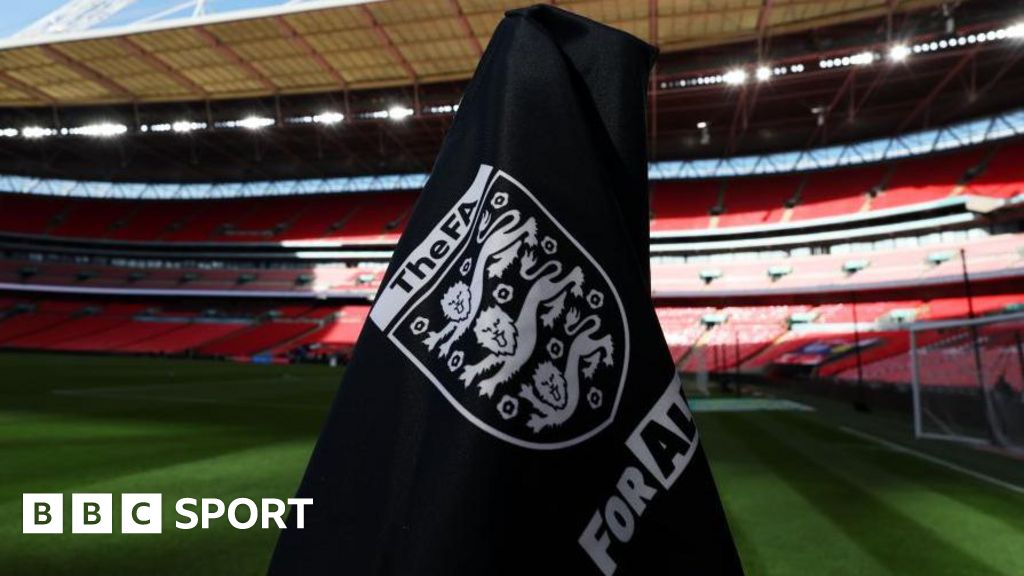The case has highlighted the FA’s policy of allowing players who are biologically male, but identify as female aged 16 or older, to play in the women’s game.
In its rules, the FA says it has “undergone a review of its policy on transgender players in line with its commitment to promote Football for Everyone. It is the FA’s firm view that gender identity should not be a barrier to participation in football which is governed by the FA.”
However, it also recognises: “Football is a gender-affected sport of a competitive nature where the physical strength, stamina or physique of average persons of one sex could put them at a disadvantage compared to average persons of the other sex as competitors in a football match.
“English law provides that because of this, separate sporting competitions can be organised for men and women. The general position is that the participation of trans people in competitive sports cannot be restricted unless it is strictly necessary to pursue a legitimate aim, namely securing fair competition and safety of other competitors.”
The FA rules note: “Gender reassignment is one of nine protected characteristics under the Equality Act 2010, and as such transsexual people are protected against discrimination.”
Its policy is based on a testosterone suppression model, and the FA have the ultimate discretion as to whether a transgender woman can register or not, on a case-by-case basis. Testosterone levels must be “within natal female range… for an appropriate length of time so as to minimise any potential advantage”, and hormone treatment must be verified annually.
“If a trans person has not undergone or is not undergoing hormone therapy or gonadectomy, the FA will consider their application taking into consideration the two requirements to ensure the applicant’s and fellow players’ safety and fair competition. The FA will consider the evidence on a case-by-case basis.”
In a statement, the FA told the BBC: “We have a transgender policy in place that has helped to enable a very small population of transgender women to enjoy playing football in the grassroots game, and we will continue to provide this support on a case-by-case basis.
“We understand that this issue is complex and constantly evolving, and our transgender policy for English football will remain under review to ensure it can balance safety, fairness and inclusion across the full breadth of our game.”


